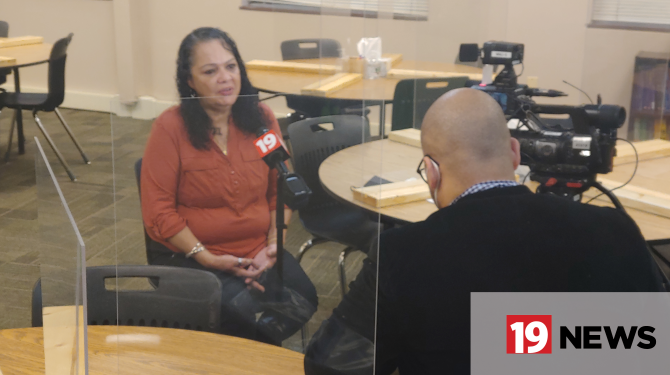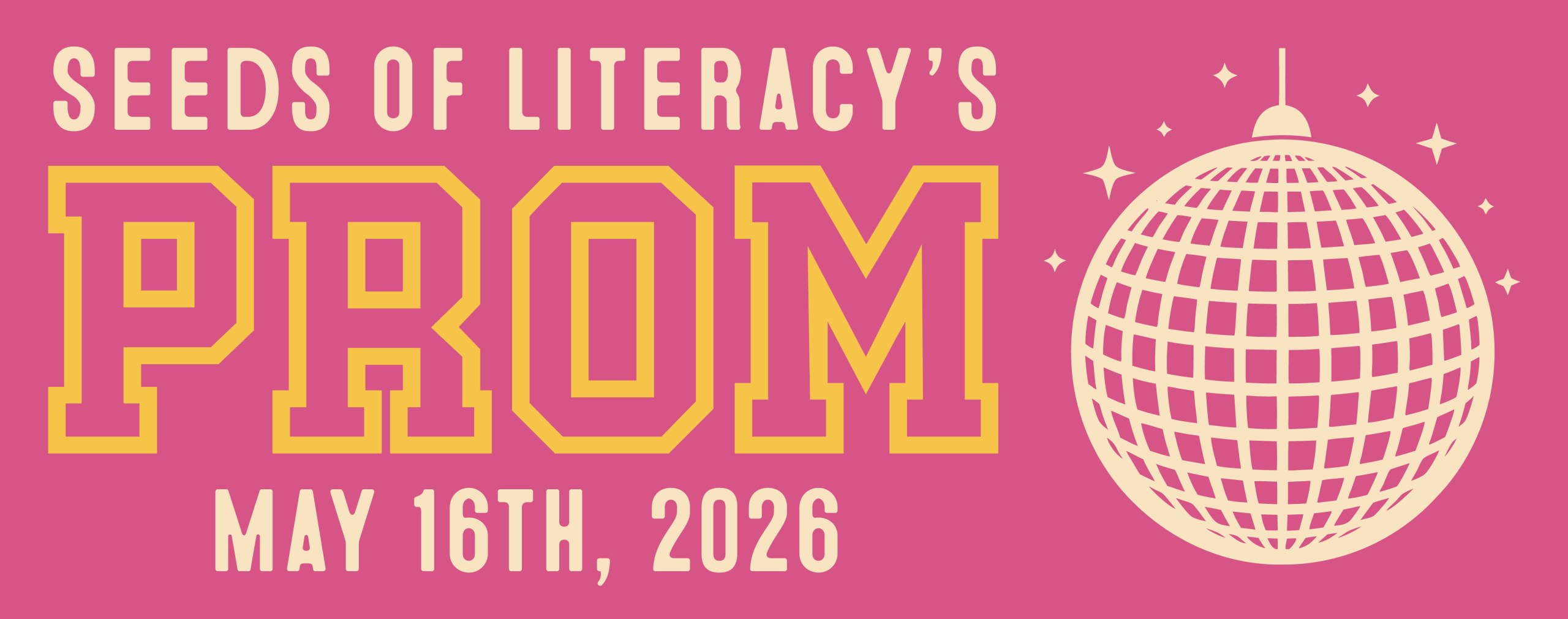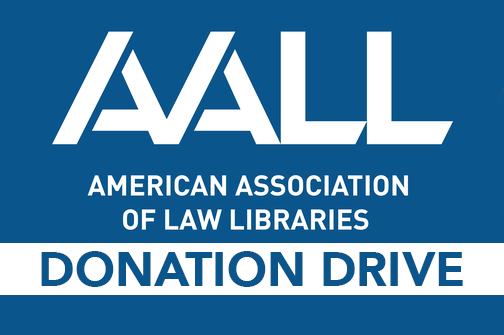[VIDEO] Channel 19 Features Seeds Grad & Volunteer on “Cleveland Comeback: Facts about the Vax” Special

Each year, 2012 Seeds Grad Maria Rodriguez speaks with first-year med students at Case Western Reserve University so they see an actual person behind the medical issues they read about in their textbooks.
Before she came to Seeds, Maria’s low literacy impacted her health in a profound way. She spoke with 19 News reporter Steven Hernandez about how low literacy is impacting the community with COVID-19.
Illiteracy creates hurdle for Clevelanders looking for COVID vaccine information
By Steven Hernandez| March 24, 2021 at 5:02 AM EDT
“I’ve always felt embarrassed,” she said.
CLEVELAND, Ohio (WOIO) – Maria Rodriguez did not learn how to read full documents until she was in her 50s.
Now, she’s helping others with similar struggles at Seeds of Literacy in Cleveland’s West Side, while encouraging them to find the right information about the coronavirus vaccine.
“I feel what they feel, and I feel the scare, the worry, the tension,” Rodriguez said.
While many Clevelanders want to get their dose of the vaccine, adult illiteracy means they are easily swayed in the wrong direction by rumors and false information. According to research from Case Western Reserve University, 66 percent of Clevelanders are functionally illiterate.
Rodriguez, who has interacted with residents with similar struggles, has heard of these faulty reasonings first-hand.
“‘I’m allergic to this kind of food,’ or ‘I’m not going to take the Covid [vaccine] because someone told me if I take the [vaccine] with my issue I might die,’” she has heard.
Adult illiteracy is also a significant hurdle to overcome for minority communities. The same Case Western study notes that some neighborhoods have an illiteracy rate of 95 percent, predominantly in areas with high numbers of minorities.
[ Click here to watch the entire hour-long “The Cleveland Comeback: Facts about the Vax Live” special ]
Maryann Nicolay, a volunteer at the site, said public health organizations have relied too heavily on a one-size-fits-all approach, which mostly includes information found on documents and digital resources. The limited scope restricts those with little literacy skills to find the latest information on the disease.
“Some people are willing to listen and learn,” she said. “Other people are just throwing up their hands and walking away because they don’t know what to listen to anymore.”
For Rodriguez, nothing will change until those who have fallen through the cracks of information distribution are encouraged to seek trusted sources of information. She will also continue to share her experience whenever she can.
“Ever since I learned how to read and write, now I read about it, now I see it on the news and I look it up, and it’s helping me, it’s protecting me,” Rodriguez said.
Rodriguez was able to get her own dose of the vaccine and she’s hoping to use her experience to show other people the importance of getting vaccinated.
“Some people, they want to learn, they want to know, but they are afraid to ask,” Rodriguez said. “One person can make the difference. And if it has to be you, the first person, you need to do it.”
Copyright 2021 WOIO. All rights reserved.
# # #
RELATED READING
Literacy Saves Lives: Struggle for Health Understanding Compounded by Illiteracy


